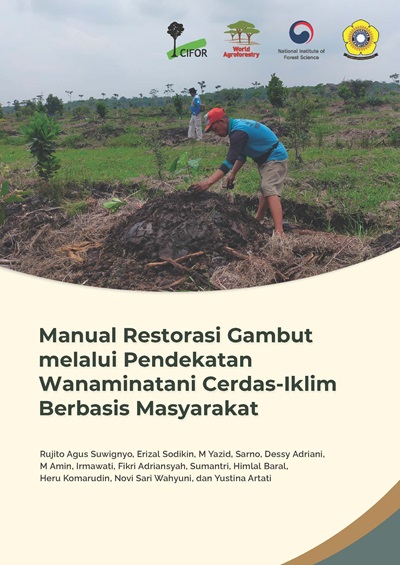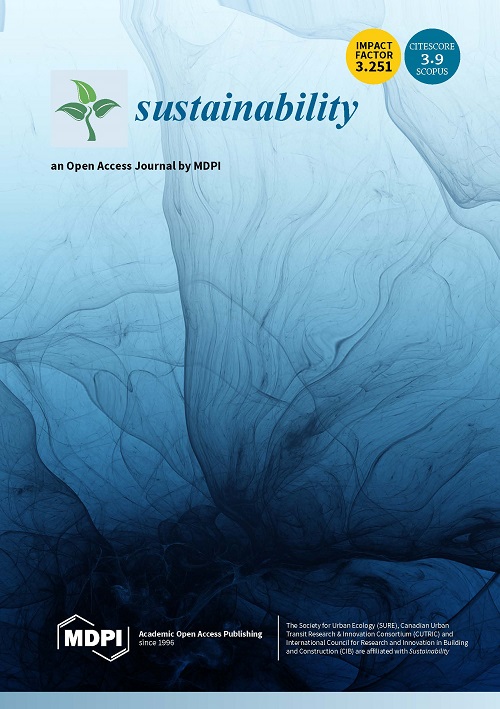Approaches that aim to identify and prioritize locally appropriate climate smart agriculture (CSA) technologies will need to address the context-specific multi-dimensional complexity in agricultural systems. The climate smart agriculture rapid appraisal (CSA-RA) is a mixed method approach that draws on participatory bottom-up, qualitative, and quantitative tools to assess the heterogeneity of local contexts, and prioritize context-specific CSA options. This is an imperative if countries are to respond to the COP21 agreement and meet their intended nationally determined contributions (INDCs). The CSA-RA is designed to assess biophysical including climatic, socio-cultural, economic and technological characteristics at the household, farm and community/regional level. The CSA-RA employs gender-disaggregated methods, including gender differences in perceptions of climate change and its impacts. The CSA-RA combines common participatory rural appraisal (PRA) and rapid rural appraisal (RRA) tools into one methodology, that disaggregates the gender dimension, and includes resource mapping; climate calendars; historical calendars; cropping calendars; organization mapping; transect walks; key informant interviews; farmer interviews; and pairwise ranking matrix. The tool collects qualitative and quantitative data from various stakeholders (farmers, local leaders, researchers, local-level agricultural experts, private sector actors, donor organizations, and policy implementers), allowing expansive analysis, triangulation and validation. Application of the CSA-RA in Tanzania and Uganda reveals heterogeneity across the sites in terms of vulnerability, constraints and CSA priorities among different social groups (gender) and agro-ecological zones. Thus, the CSA-RA allows stakeholders to simultaneously take into account biophysical and socio-economic aspects to target and implement CSA.
DOI:
https://doi.org/10.1016/j.agsy.2016.05.009
Altmetric score:
Dimensions Citation Count:
























